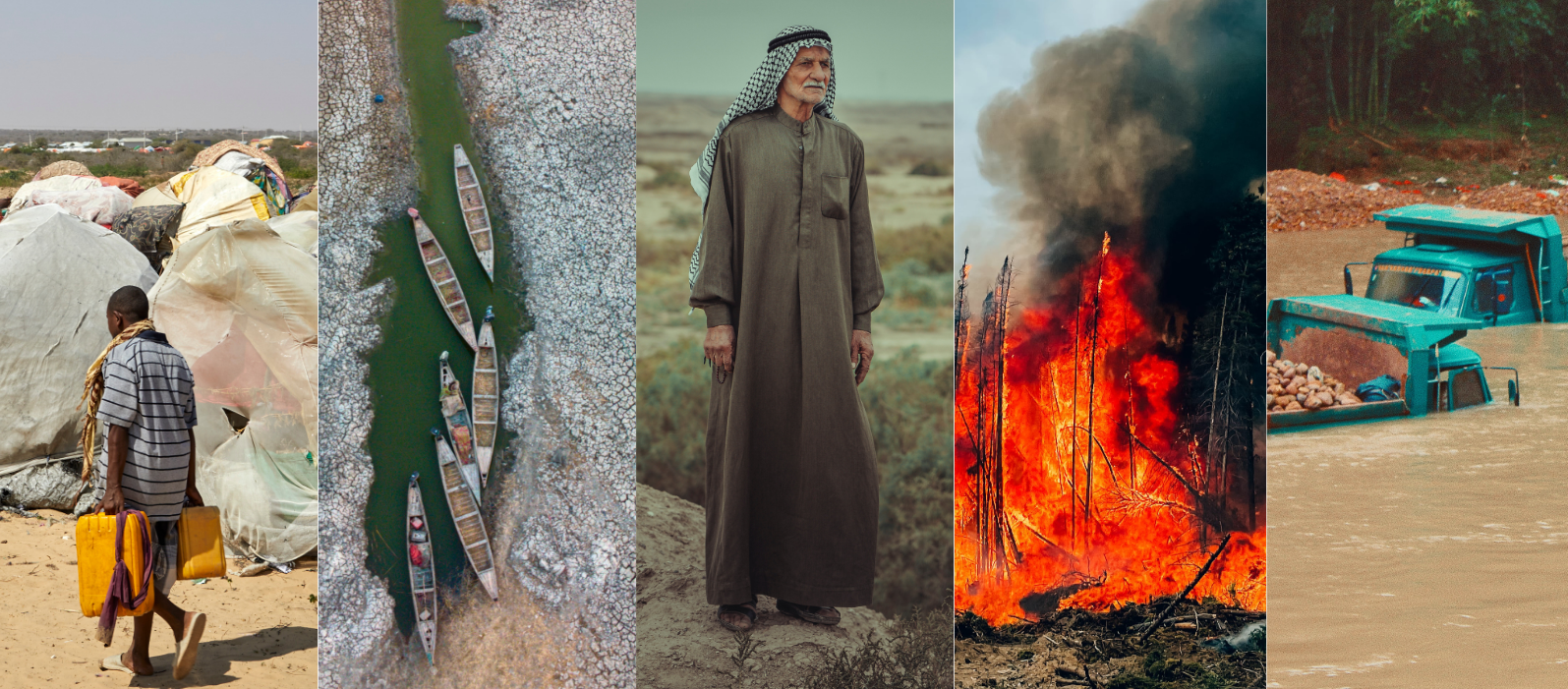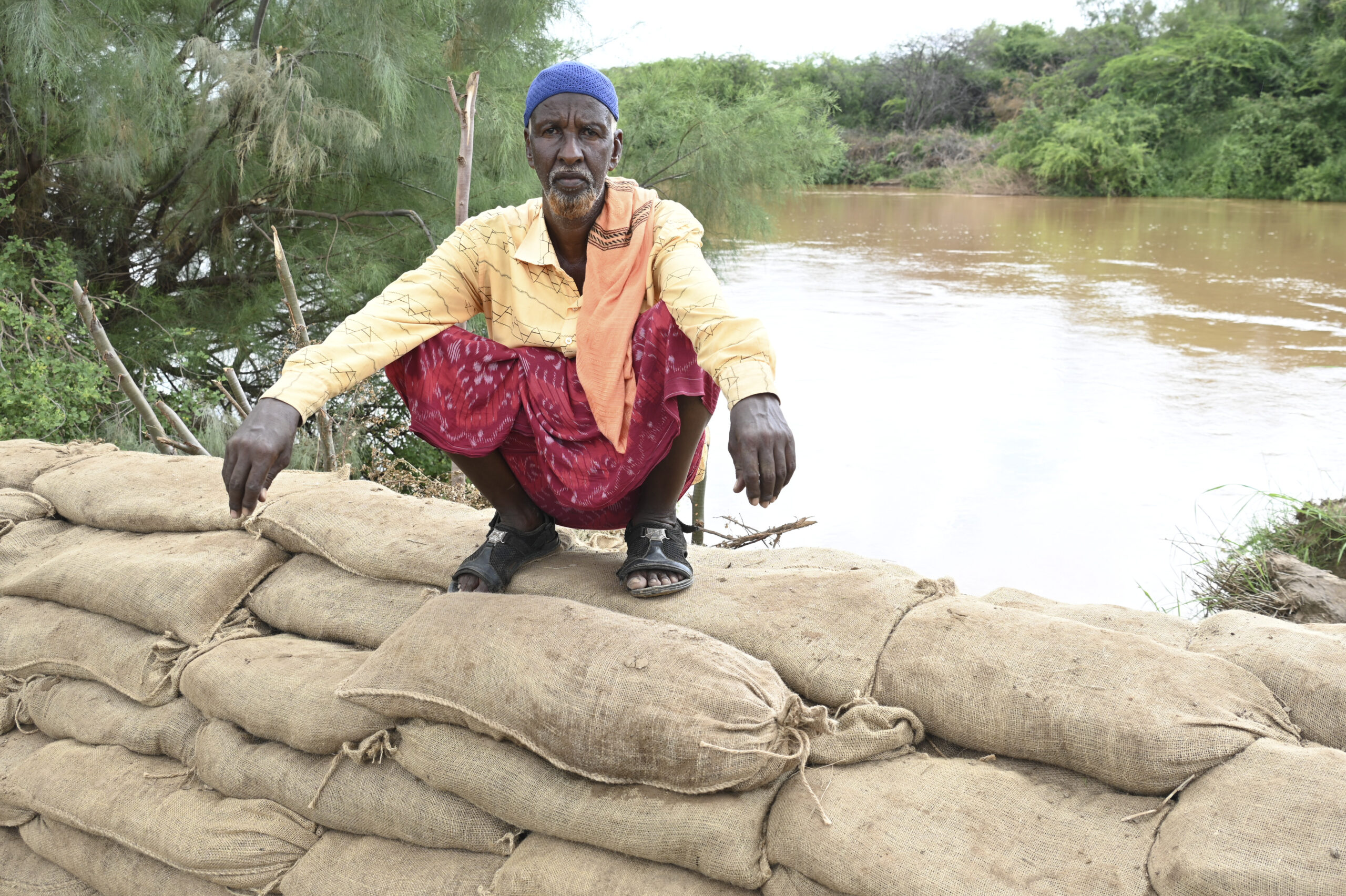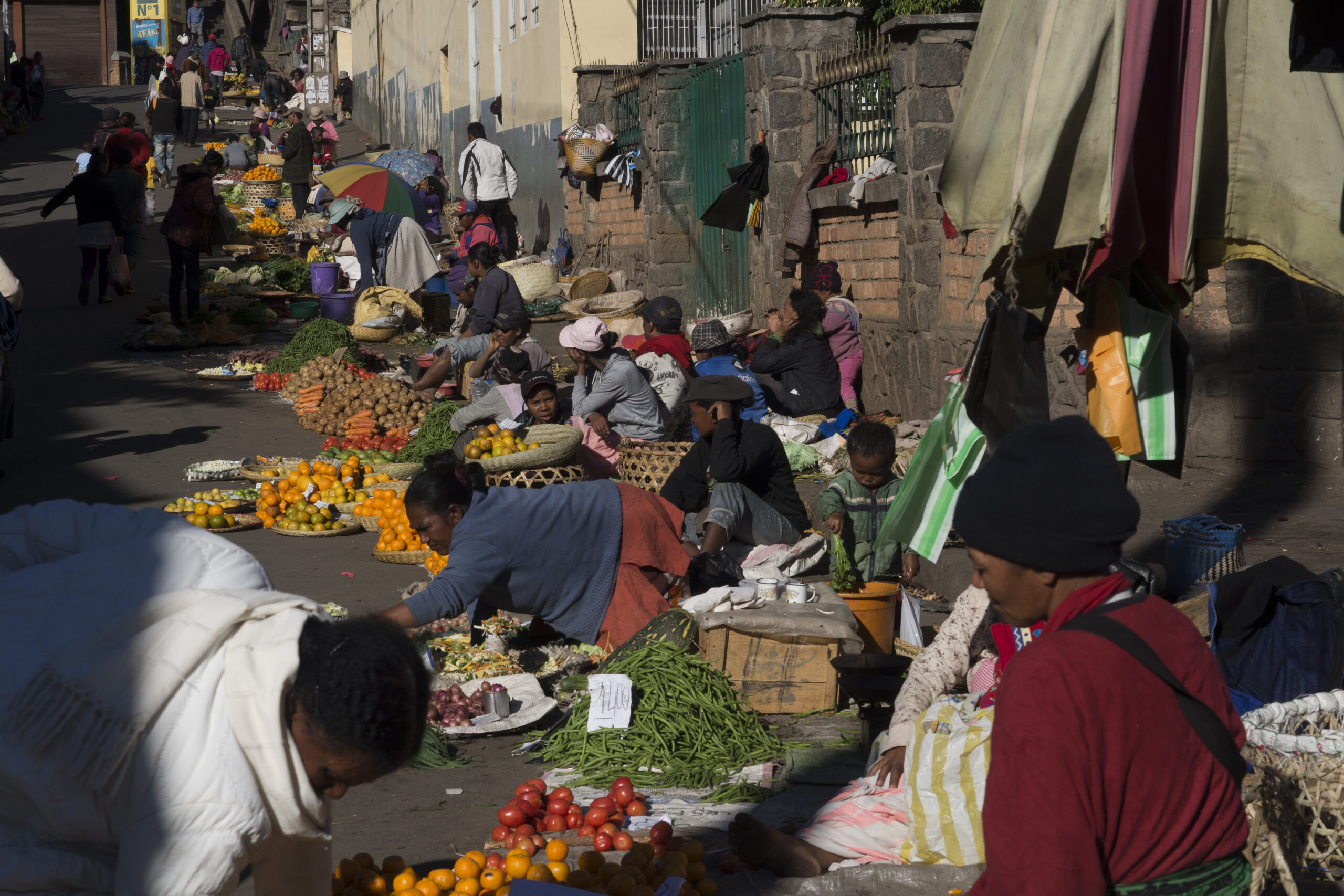Until the world moves away from fossil fuels and reduces emissions to net zero, extreme weather will continue to become more intense
Climate change fuelled extreme weather in 2023; expect more records in 2024



Until the world moves away from fossil fuels and reduces emissions to net zero, extreme weather will continue to become more intense

After years of drought the short rainy season (October to December, OND) in the Horn of Africa brought exceptionally heavy rains, particularly in November, leading to severe flooding in the South of Ethiopia, Eastern Kenya and many regions in southern and central Somalia.

Madagascar, in particular the most populated region around the capital of Antananarivo experienced in 2023 its hottest October ever, breaking many high and low temperature records.

From boreal winter 2020 onwards, a large region in West Asia, encompassing the Fertile Crescent around the rivers Euphrates and Tigris as well as Iran has suffered from exceptionally low rains and elevated temperatures. The resulting 3-year drought has led to severe impacts on agriculture and access to potable water.

Large parts of South America suffered from extremely high temperatures for an extended period of time, reaching above 40ºC in central and Northern Brazil during mid-September, despite it being the spring season.